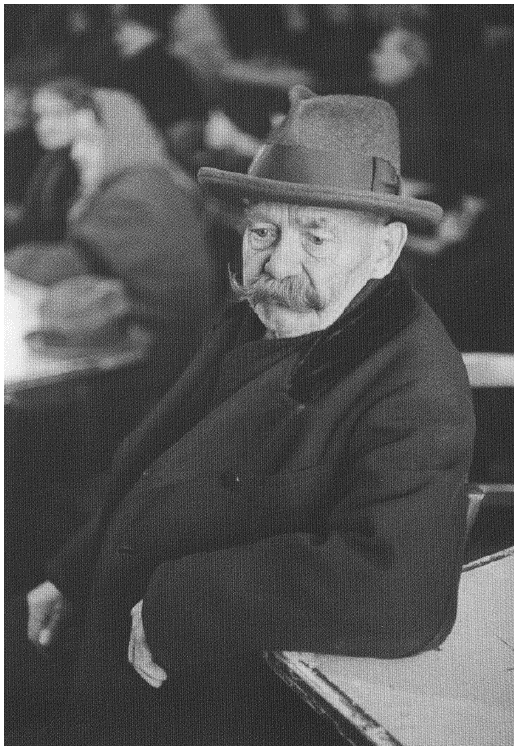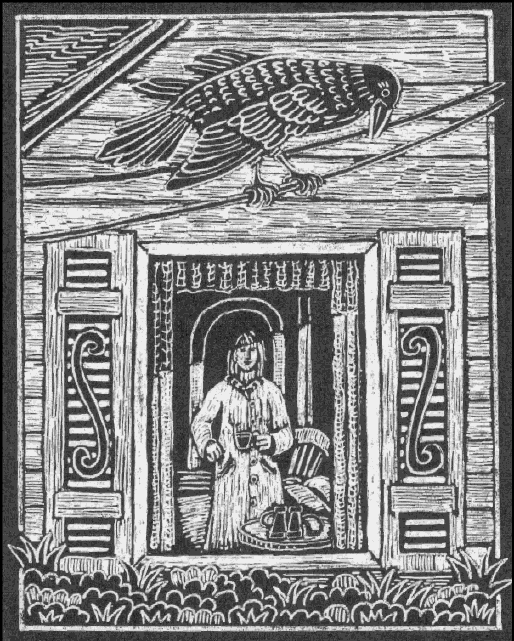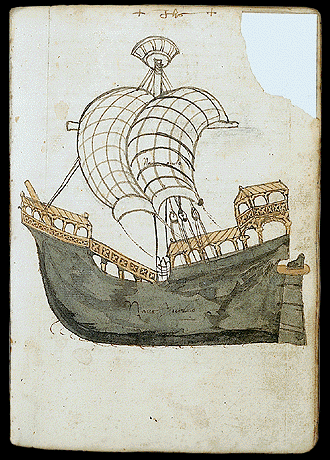Here are excerpts from
ten reviews of what we believe to be
the best books of 2009.
The Mexican Empire
Catherine Mansell Mayo
(Unbridled)
Outside of the food, and the parties, and the dances, and the royal visits, there were a few problems that presented themselves during the short reign of Carlota and Maximilian. Like the fact that they were in an occupied country. And that some, namely the Mexican president, Benito Juárez, along with many of his subjects, didn't want them there.
The French soldiers weren't so enchanted either: they don't think too much of spilling their blood over a wasteland 5,000 miles from home. There sits the emperor "on his cactus throne," says the tough old French General François-Achile Bazaine. "For the glory of France" soldiers are dying of "typhoid, cholera, gangrene, syphilis, meningitis, yellow fever." They have been "shot, stabbed, burned alive and castrated, disemboweled."
David Allan Cates
(Unbridled)
Freeman Walker is a dandy travel book taking us through mid-19th Century America and England. It's a funny coming-of-age tale for our half-slave, half-freedman. It's crammed with characters from London, America, the battlefields, the graves, the old west: A father who carries the Declaration of Independence around in his pocket, a Jewish thief who always leaves half of the loot behind (in case his victims might need it), the Irish Colonel Cornelius O'Keefe, who led one of the many uprisings against the English, who appears as "Acting Governor" of the "Western Territory," with his band of ghostly Irish soldiers:
- One night he stopped, however, and I could see the reflection of his face grow grim. 'I've seen enough fighting,' he said, 'to last until eternity. And have you noticed how I'm trailed everywhere by the dead.'
An Odyssey of
Pacific Ocean Debris
Bonnie Henderson
(Oregon State University Press)
There is the unexpected: how eBay has distorted the market for the Japanese gomi; the words of an expert on floating debris ... oceanographer Curtis Ebbesmeyer: "My view is that plastic is eventually going to end humanity."
And then there is the nakedly comic: 29,000 rubber duckies spilled out of a container in the middle of the Pacific (most are still floating around the vast ocean); adventures with some highly regarded scientists in a launch in the Straits of Juan de Fuca, collecting "whale poop." It's a wonderful ride along the whole Strand.
A Novel
Forrest Gander
(New Directions)
Forrest Gander? Did he make up that name? By page 7 you can't tear me away. By page 20 I am thinking where did he come from (Mars? Venus?) And by page 50 I am wondering that there are writers and there are writers and this guy takes the cake. How do these novelists do it?
Dylan Thomas said it was all a matter of "a craft and sullen art." It sure as hell is not something they teach you in school. Don't ask me. I tried.
Pink Motel
An American Strategist's
Pursuit of Peace in Iraq
Robert Earle
(Naval Institute Press)

Above all, there is here one Robert Earle: a novelist and, perhaps, a journalist in the style, most improbably, of Daniel Defoe. Did he make all these people up? Did he make himself up? It's that oldest of Hegelian paradoxes: who are we? Who is it that makes up your mind? Who is this Robert Earle? Ought we worry?
No matter who he is, he's a wizard with words ... and completely believable. He tells us on page two that his psychiatrist is "not pleased" with his decision to go to Iraq. And when he is shipped home (the first of three returns) with a dangerous blood-clot in his leg, his nurse --- a modern-day Army Nurse Ratched --- chastises him for taking just too many tranquilizers without her specific permission.
His trips to the Middle East consistently make him sick, damn near kill him, certainly plunge him into despair. And I'm thinking that if I had to live with, deal with, answer to those who made up American policy in Iraq over the last few years, I'd feel pretty ill meself.
Poem
Matthew Dickman
(American Poetry Review)
- I can't tell you how strangely romantic the Atlantic becomes when the sky
is dumping snow into it.
It is the task of a poet to take things that don't belong together and wrap them up in the same blanket and as you read it you nod your head and know that it is right and good and proper. Dickman can take snow falling in the black Atlantic, transform it into "seeing, for the first time / a naked body."
-
Even though you know her name. You have even played a part
in making her naked, but now she is something
altogether different.
This isn't show-off stuff, a poetic version of name-dropping. It is, rather, the right stuff: marrying things that should perhaps have been wed all along.
Pat McGuiness writes that during the anarchist attacks in Paris in 1894, Stéphane Mallarmé expressed disgust. "Only one person had the right to be an anarchist: me, the poet, because I alone produce something that society doesn't want, in exchange for which it gives me nothing to live on." Dickman is just such a figure: giving us not only what we should want, but, at the same time, demanding nothing in exchange.
Candida Lawrence
(Unbridled)

The ultimate twist in Vanishing lies in the very last essay, about sister Anne's own dementia and death. (She's the one who earlier on found Molly "deeply asleep.") At Anne's memorial service, people said, "Oh, you must miss her so much," and I said: "I do, I do..."
-
I remember her phone number and sometimes I call her and her answering machine says: "Hello, this is Anne. Please leave your name and number. I'll call you back as soon as I can."
The Useless
Reflections from
The Making of Fitzcarraldo
Werner Herzog
Krishna Winston,
Translator
(Ecco)
It is the way power works, no? There he is, our modern-day Maximilian, there in the director's chair, assuming his own power, swaying his followers into thinking they too can be part of this screwy world of visionaries, those who dare to haul massive boats over massive peaks before the camera (the very one he stole from the Munich Film School; it was his right ... he told them).
And it worked: they bought into his cracked idea, had to watch as the world they thought they were creating slowly spun apart. The demand of destiny; the demand of history.
Essential Wisdom from
The Urban Wilderness
Lyanda Lynn Haupt
(Little, Brown)

-
I watched the three on the "front-row" branch. Were they ---? I can hardly suggest it, and it was barely perceptible. Were they nodding their heads in time? "If the world is night --- shine my life like a light."
Gerbrand Bakker
David Colmer, Translator
(Archipelago Books)
Last month, we reviewed another book from Archipelago, The Waitress Was New by Dominique Fabre. We tried to address the vexing question of writing about someone who has a dull life ... how to make it interesting. We wondered how you could write a book about a fifty-seven year old waiter in a Paris café and not put us to sleep. How do you make the reader care, much less go on until we get to the end. We weren't so sure that Fabre's Waitress succeeded. But Bakker, in The Twin, has solved that problem, and in a most diverting way.
Or, The Fortune of the Sea
John Masefield
(National Maritime Museum)

I guarantee you, The Bird of Dawning won't leave you alone, and you won't want it to. It's like the black shark that hounds the clinker-built launch, about as long as it is, too, and soon enough you know as do the sixteen stranded sailors that the lack of water will finally get to you. As the old salt Kemble says of his previous days adrift on the ocean,
- "We were four days before we got ashore somewhere on the East of Cape Horn, and eleven days living there on shell-fish and sea-weeds and trash. But the thirst before we got ashore was the thing that killed us. We chewed buttons, and the eyelets from a sail we had. But we used to look at each other and think, 'My God, that fellow is full of blood and I could drink it.'"